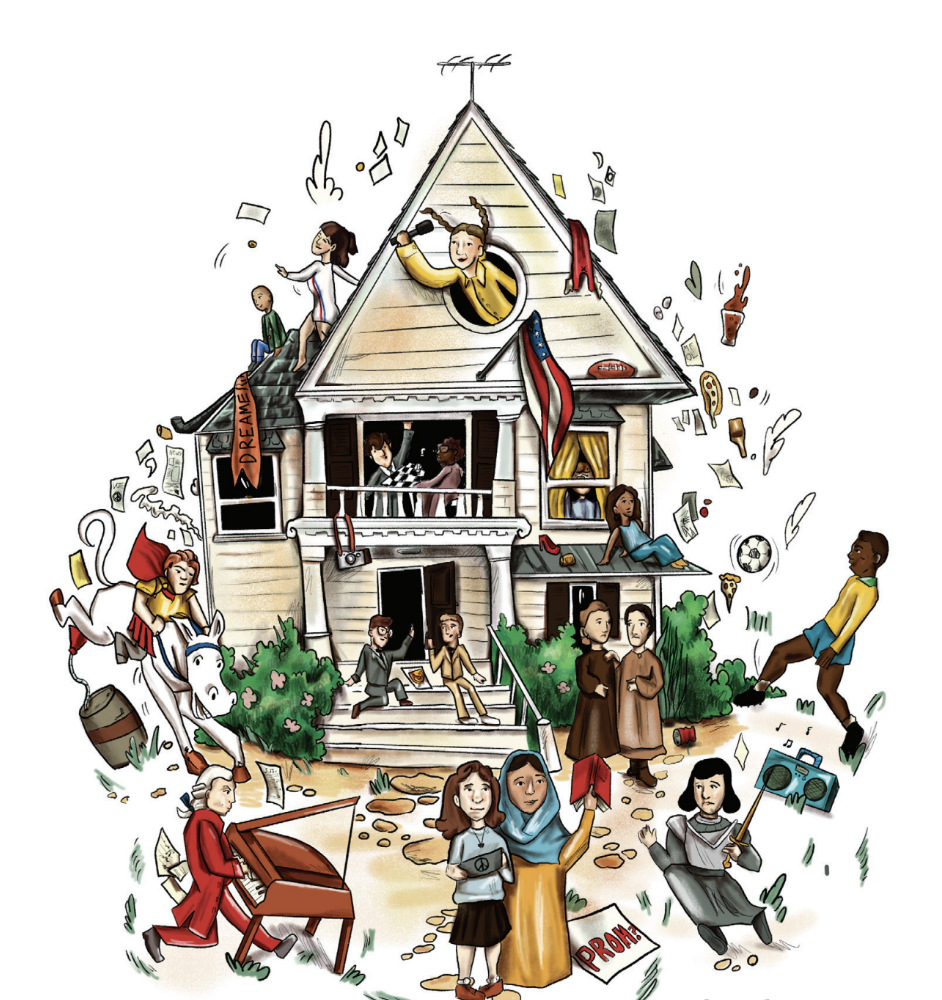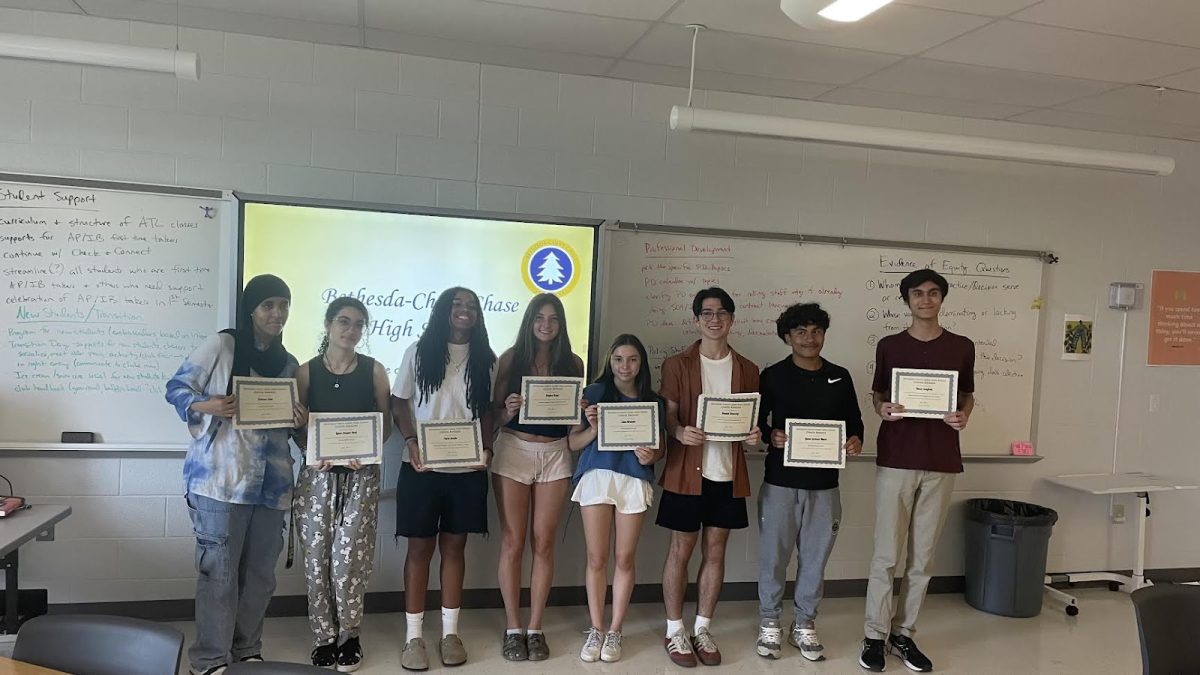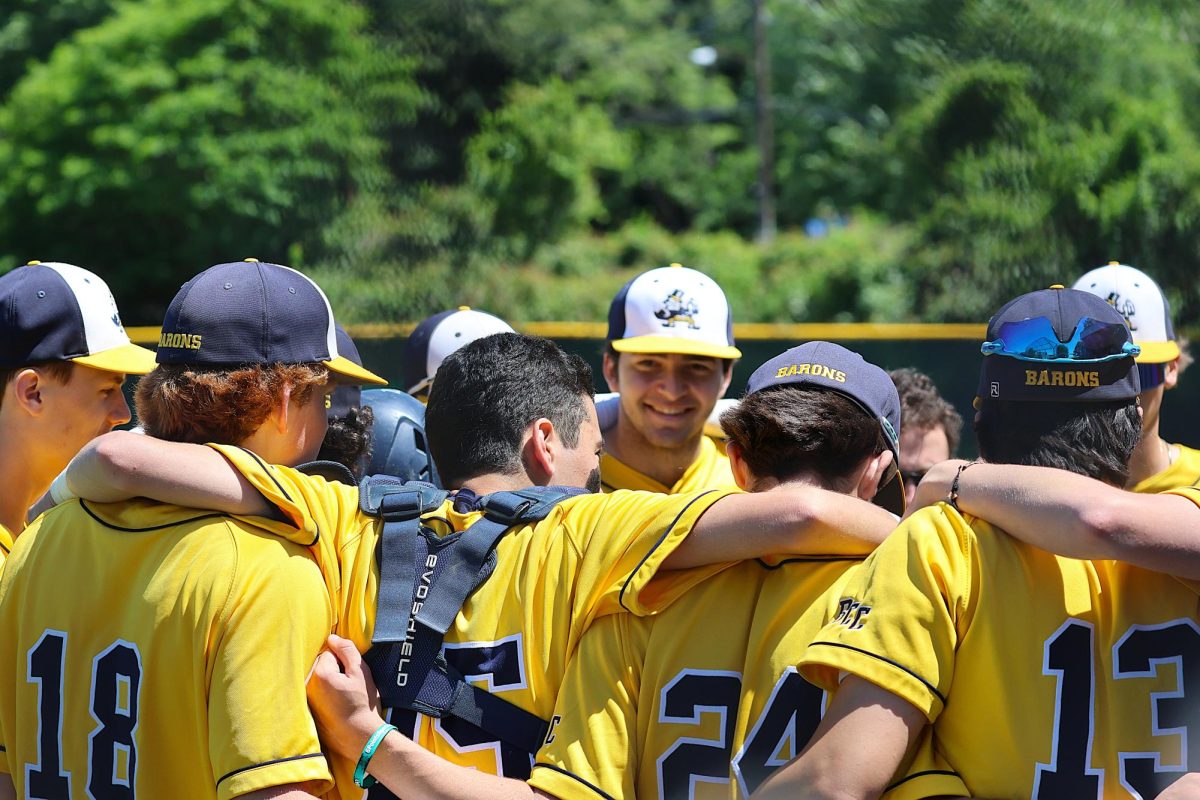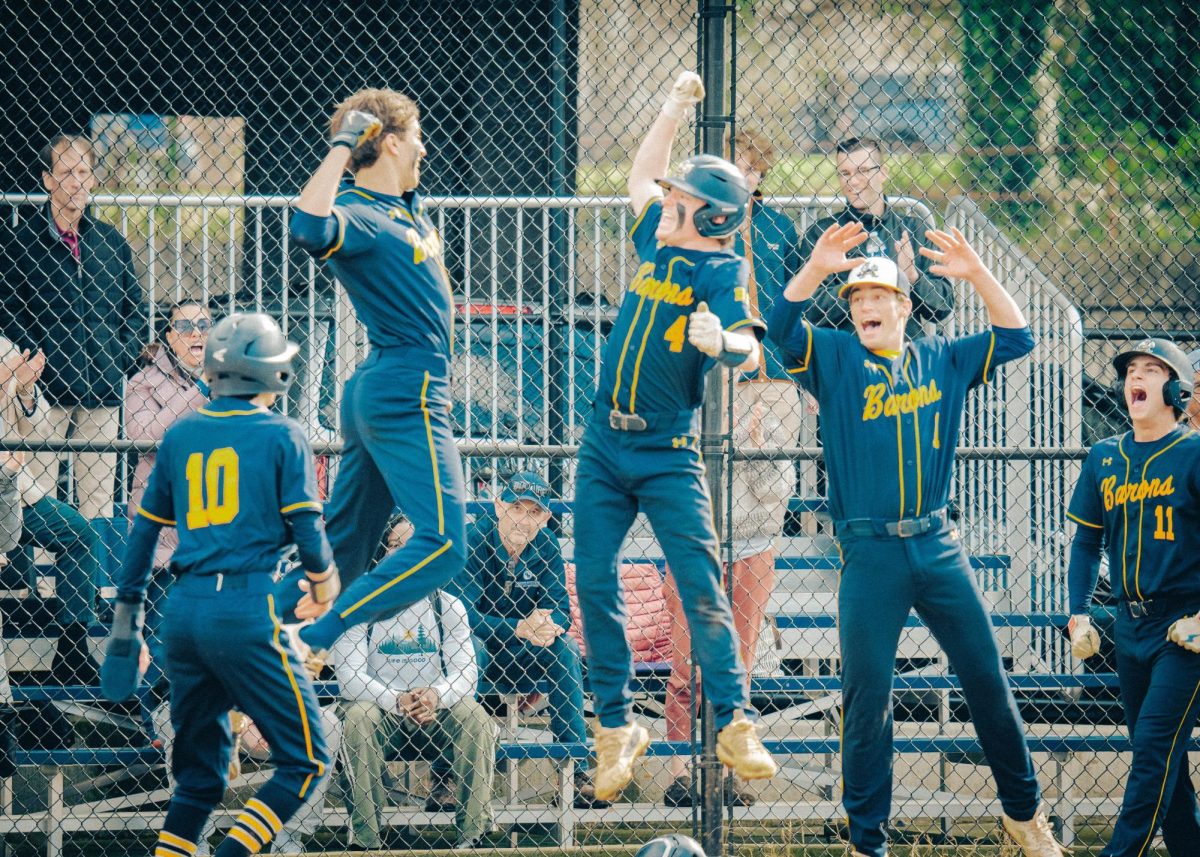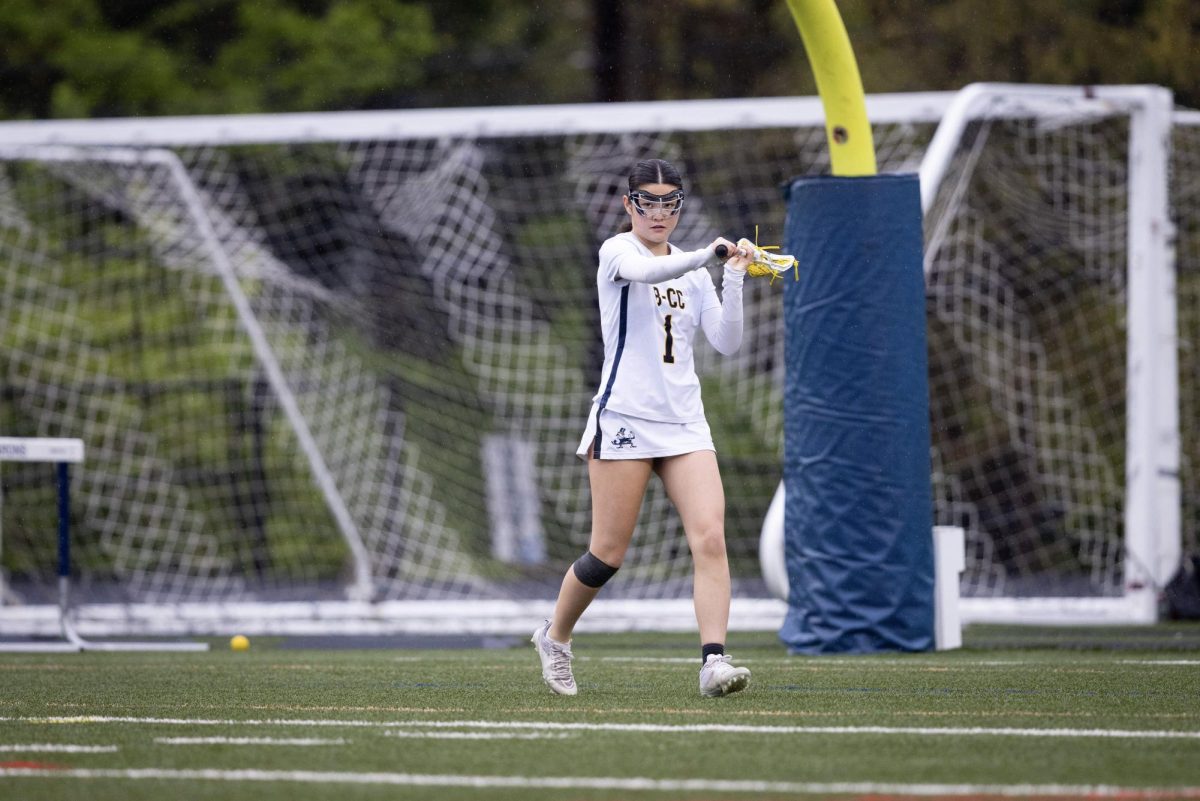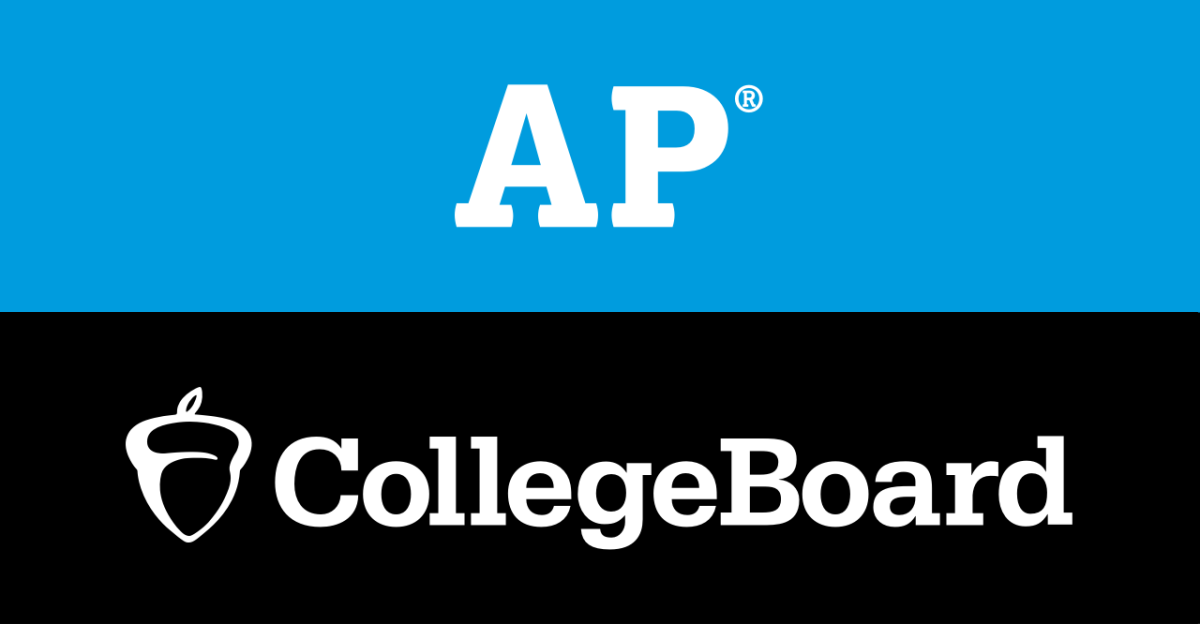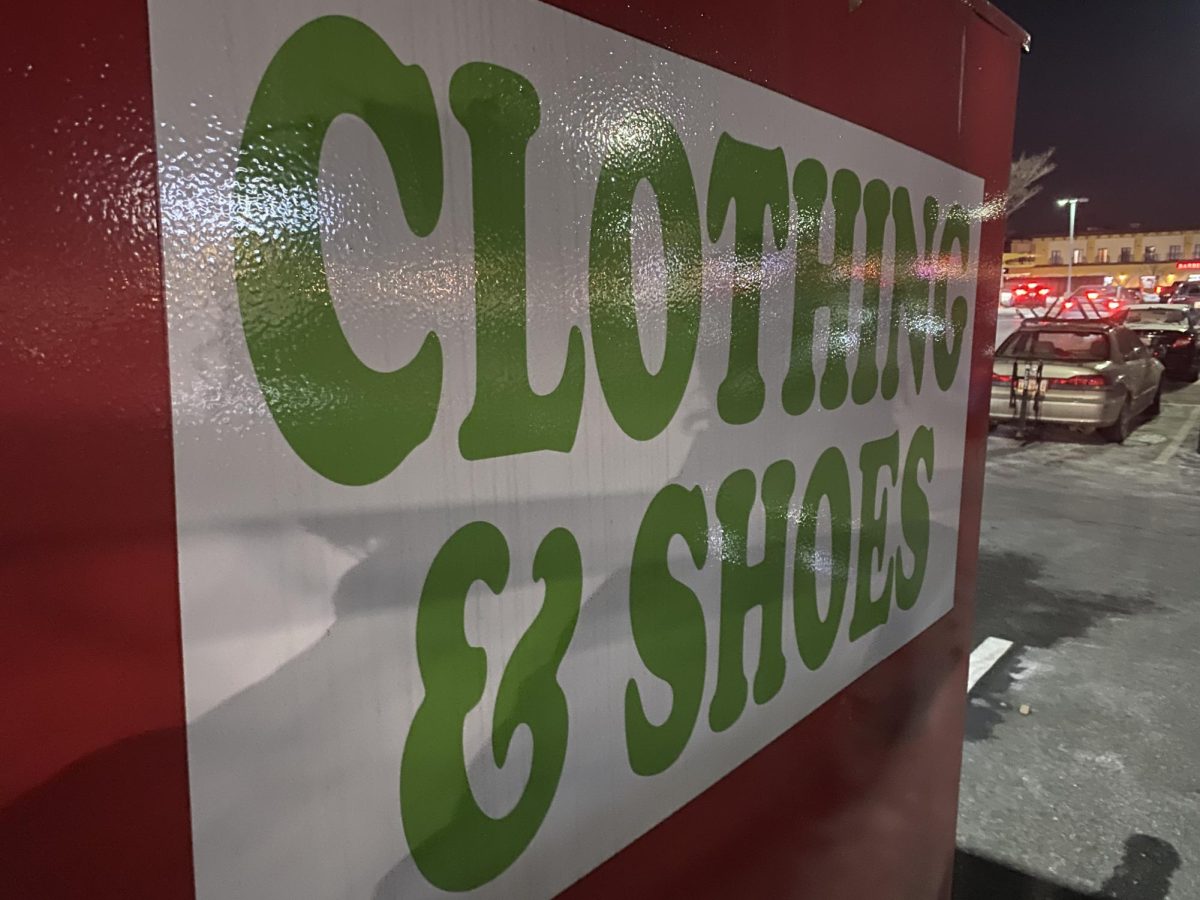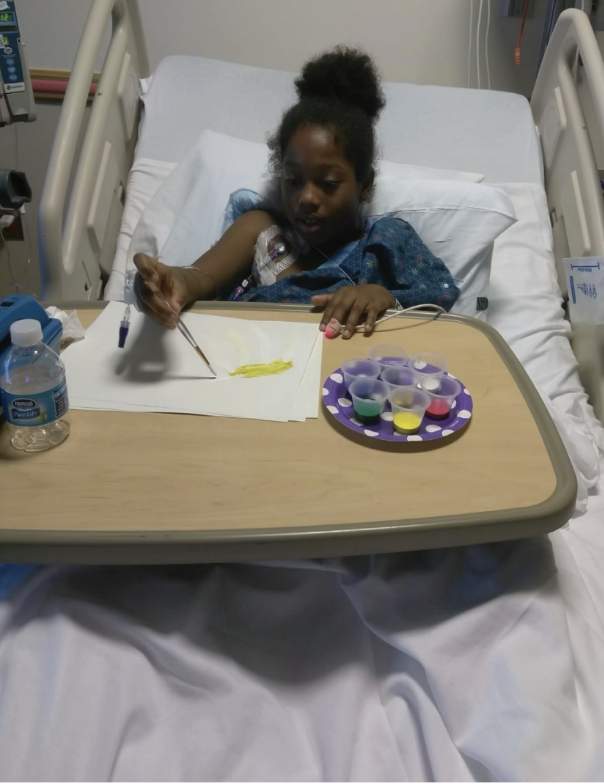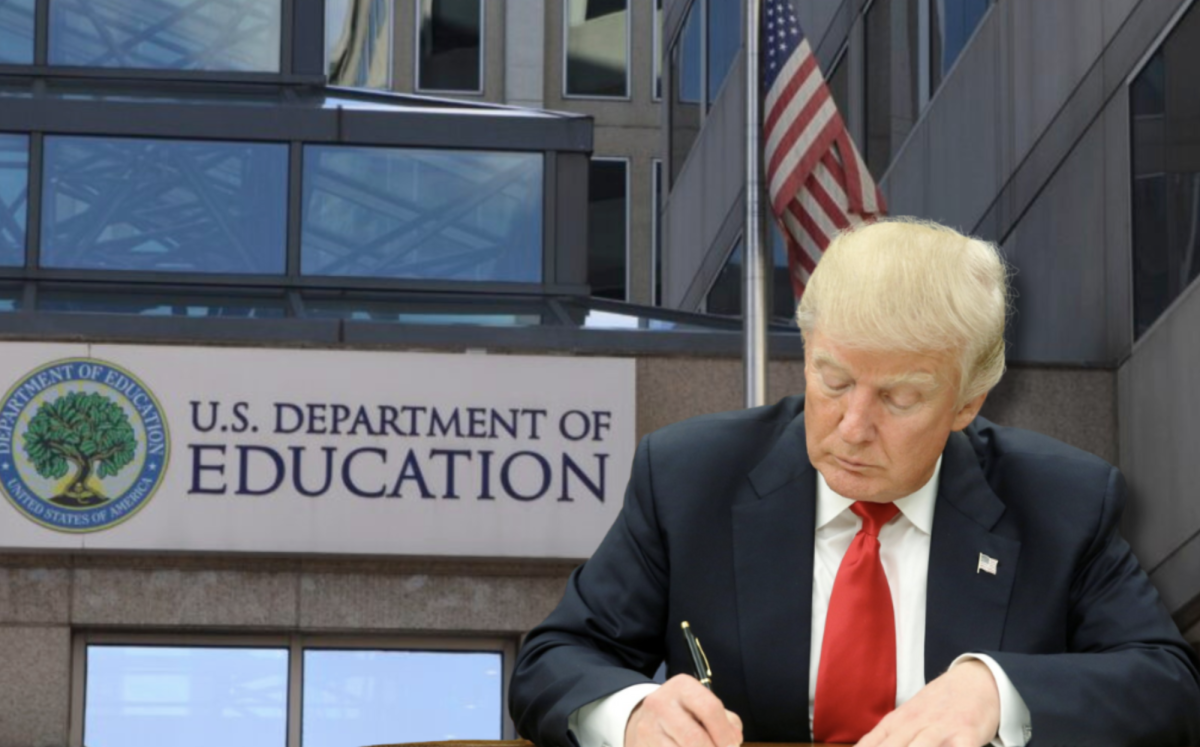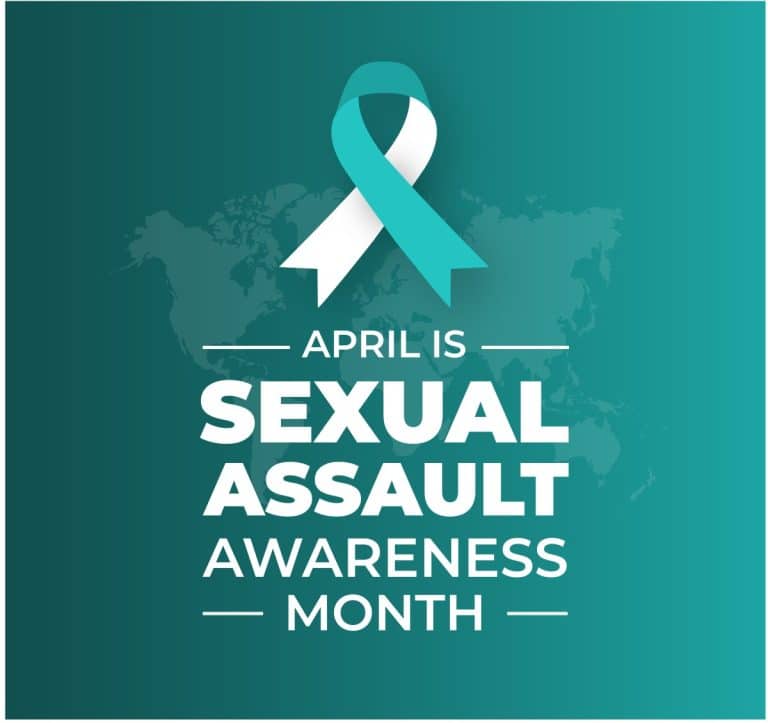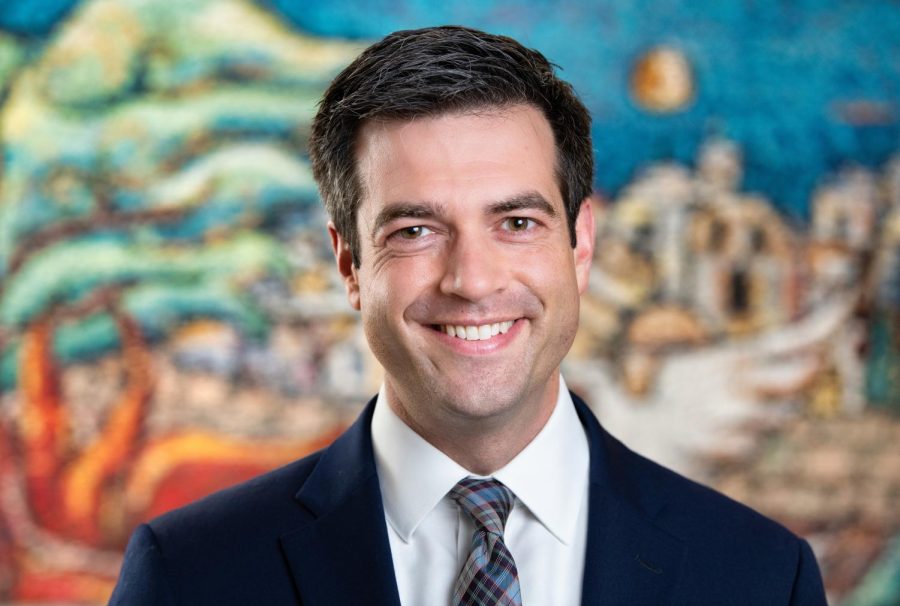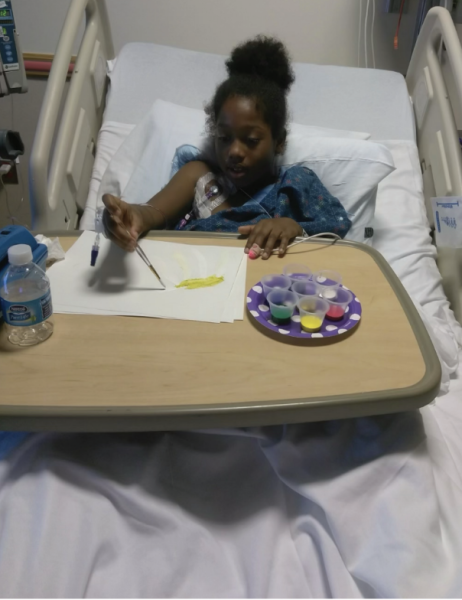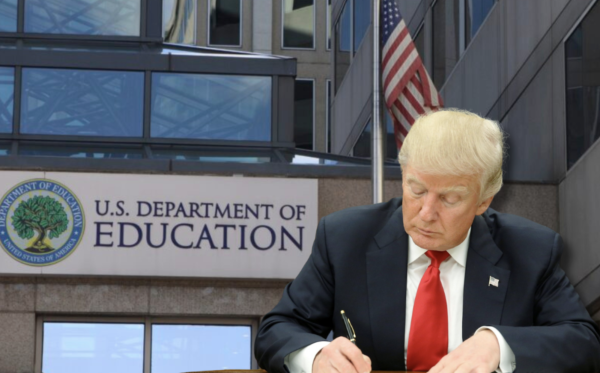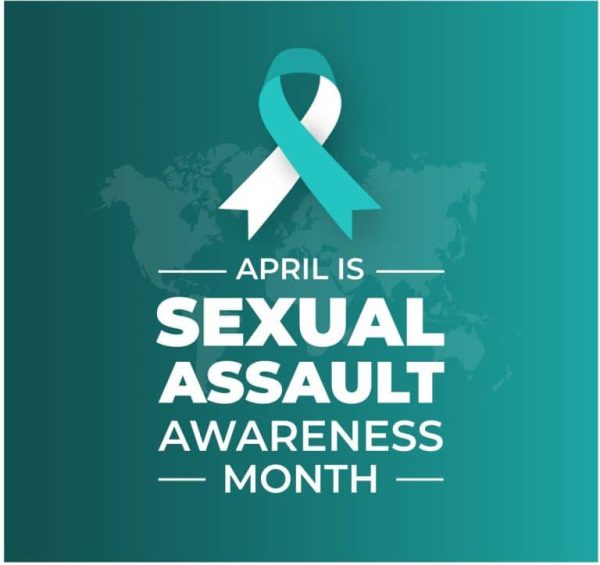Reaching the Crescendo of Antisemitism
*this article has previously appeared in print in both the Tattler and the Washington Hebrew Congregration Journal*
Courtesy of Washington Hebrew Congregation
Rabbi Aaron Miller
“Antisemitism is the need to hate somebody, and conveniently, yet again, landing on the Jew,” said Washington Hebrew Congregation Rabbi Aaron Miller when defining antisemitism.
Nationally and locally, there has been a rise in antisemitism. This wave of hate seemed to have started with the bigoted tweets and remarks from rapper Kanye West where he blamed Jews for his personal and financial problems, followed by NBA star Kyrie Irving tweeting a link to an antisemitic movie. Then at the local level, two pieces of antisemitic graffiti were found on the Bethesda trolley trail and on a sign at Walt Whitman High School. However, recent incidents continue a long history of prejudice against Jews.
“It’s terrifying,” said Rabbi Miller. When comparing current acts of antisemitism to those of the past, the Rabbi described the thousands of KKK members who marched through Washington, DC in 1925 and the impactful priest, Father Coughlin, who mainstreamed antisemitism throughout America with his popular radio show in the 1930s. “Now, people are increasingly just being openly antisemitic,” said Rabbi Miller.
However, according to Rabbi Miller, it’s not the acts of antisemitism that he finds the most portentous: “When you hear antisemitism moving from the fringes on both the right and the left into more mainstream conversations is when things start to get really scary.”
On the right, antisemitism is expressed through “veiled” terms. For example, right-wingers will “rail against George Soros,” a Jewish multi-billionaire who has aligned himself with the progressive left.
While on the left, according to Rabbi Miller, antisemitism shows through when they “unfairly criticize Israel for all kinds of things… or talk about Zionists as colonialists,” adding, “whatever these antisemitic tropes are.”
“When you hear antisemitism moving from the fringes on both the right and the left into more mainstream conversations is when things start to get really scary,” said Rabbi Miller.
B-CC’s Jewish students find this rise of antisemitism frightening, too. “Recent acts of local antisemitism are very scary and make me feel unsafe being public about my religion,” said Junior Charlie Rabiman. Another student, Sophomore Annie Block, said “Recent acts of antisemitism make me feel disappointed.”
For some Jews, this fear of antisemitism sometimes turns into an angst of retribution for being Jewish. “I was hesitant to put my name on an article on antisemitism because of the targeting Jews receive and the double standard they are held to,” said an anonymous member of the Tattler staff.
Some students, like an anonymous Junior at B-CC, don’t find the recent individual acts of antisemitism as scary, rather, they are alarmed at the rate at which they are happening “It is the escalation that hatred in the media is prone to which is frightening,” he said, “I see news headlines of recent antisemitism and I realize that the rapid spread of it is inevitable.”
Antisemitism is not limited to rhetoric; hate speech often becomes outright violence. “I feel that [recent acts of antisemitism] could be foreshadowing something violent due to historical events,” said Rabiman, adding, “the fact that if they aren’t denounced, people will think it’s okay and continue to build on them.” “When there is a massive web of people (the internet) each sharing extreme opinions without consequences, hate spreads like wildfire, and it can easily translate into physical acts,” said an anonymous B-CC junior. Block sees the escalation of hate on social media, too, saying “the jokes and verbal stuff encourage more problematic antisemitism. I think that people who are antisemitic or even uneducated people may think it’s ok based on the verbal antisemitism and that’s a problem.”
This is not just a problem for the Jewish community. Rabbi Miller thinks antisemitism causes problems for everyone in a society because it is normally rooted in a lack of self-accountability. “Where antisemitism starts, societal collapse follows,” said Rabbi Miller, quoting rabbinical professor Michael Meyer. “[Antisemitism] becomes a self-perpetuating cycle because the more society fixates on Jews being the problem … the more the problems themselves continue to grow,” said Rabbi Miller, further elaborating on Meyer’s theory, adding “Antisemitism can be a part of a society’s death spiral because Jews… have never actually been the problem.”
When it comes to battling antisemitism, Rabbi Miller believes that it is in the hands of Jews to create the most change: “Now is not the time to let anti semitic jokes go .” …muster the courage and be comfortable with the awkwardness of calling out antisemitism where we see it.” Agreeing with Rabbi Miller, Block said “part of combating actual antisemitism is not taking hate comments and making them jokes.” He reflected, “it’s just sad to see it.”
As of now, the end to antisemitism is nowhere to be found. Nevertheless, Rabbi Miller believes that we are striving towards that end: there are more people than ever paying attention to and addressing this issue, and, as history has also shown, the Jewish community endures.
It takes faith.
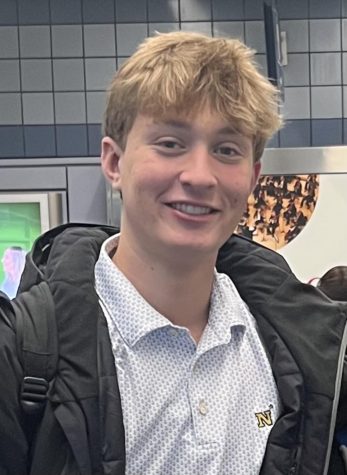
Bennett Galper, a B-CC junior, is a section director who specializes in News. He also serves as the Editor-in-Chief of The Amplifier, Montgomery County's...

Claire Wang, a B-CC senior, serves as the Co-Director for The Tattler's Art Team and a contributing writer. She also has two dogs and two cats.



